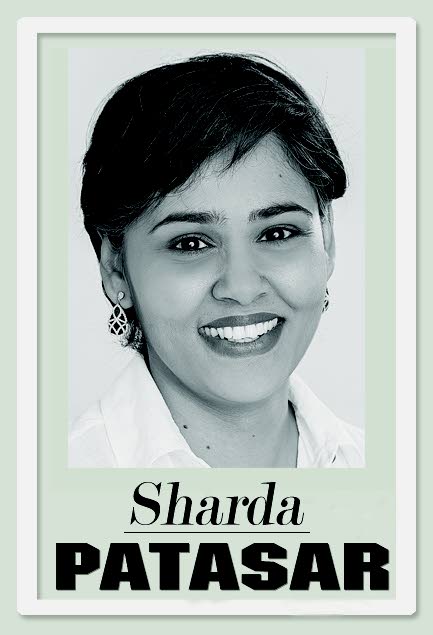At the Centre

On Friday, I had the pleasure of sitting on a panel at the Ministry of Community Development, Culture and the Arts’ Harmony in Diversity Youth Forum at NALIS. The audience comprised of youths ranging between the ages of 11-18.
The moderator, Atillah Springer, posed the question: “who can tell me what makes us Trinbagonians?” The answers were varied – from our accents to liming. But then came a surprising answer from one young lady, "The way we tell stories." She looked surprised at the enthusiastic response from the panel and audience, as though this answer was her norm.
As if following me around, the idea of the story continues to be a central theme in my own life. Stories are essential to how we make sense of the world, an idea which I have been exploring for the past two months in different ways. As the young lady said, "the way we tell stories" is what makes us Trinbagonians. She may not have understood the full implications of that simple sentence or perhaps she may have, but it opens up a large discussion.
This past week I put more thought into the idea of stories given my birthday celebrations. Our birthdays remind us that we begin to narrate ourselves from the time of our entry into the world. The process is two-fold. Before moving forward, I have been writing about the idea of the story for the past two months as a way of piecing together myself, as a way also of unravelling ideas of myself that I had accepted as a norm but which in some cases went against my internal truth. But what exactly is the story? “What do you mean by a narrative?” someone asked.
On one side, we are shaped by the stories that other people tell about us and by the stories that we are handed down in the form of advice or gender norms etc. "Boys are not supposed to cry," says one story, "Aggressive girls are not likeable." When confronted with a heartbreak, just "get over it and move on."
We are told that jobs like lawyers, doctors, engineers are the ones we must aspire towards. And the list of "supposed to be's" keeps growing. These subtle and not so subtle bits of "advice" shape our beliefs and ideas of ourselves. Therefore, "I am weak if I don’t get over this after a few weeks" or "I am not successful because I don’t make a six-figure salary." These are stories we tell ourselves about ourselves. But, we also tell them about other people.
"Why he talking so? He sounding so ghetto" or "She have to wear them clothes so tight?" And the judgments start taking place. Rarely do we step back and say "Well, why do I wear my clothes this way?" or "Why do I speak in a particular accent?"
On the other side, there is the internal story, our own core story, one that gets muffled under the louder one created by external forces. It was yet another interesting shift in perspective that took place this week when my therapist said,
"You have been positioning yourself in X’s story. Now position yourself in your own. You are the bigger picture, not the other way around."
This week, I deliberated on how to tell this story to readers because there is so much to tell, so much to flesh out. It is needless to say, a profound and important exercise to make ourselves the main character in our own story.
This is not the story about your life. That is superficial. Who we are, goes beyond "I went to Naps and got a scholarship and went on to study such and such. I am a self-made man." This is each one of us, moving out of the story of defining ourselves within the nation or a church or a community. Those stories position us in a larger picture. The exercise this week is to figure out where those entities fit into our picture.
Placing oneself at the centre allows each one of us more charity and a certain degree of objectivity towards others. Instead of saying, "Why he have to sound so ghetto?" we instead ask, "Why am I affected by his manner of speech?" More than likely we will find that there is no real impact on us.
Turning the eye inward allows us then to look outward with curiosity so that when the Opposition Leader speaks about Oreos, we must question, what makes her comfortable to say this on an open forum? And, why are we so uncomfortable with the statement?


Comments
"At the Centre"